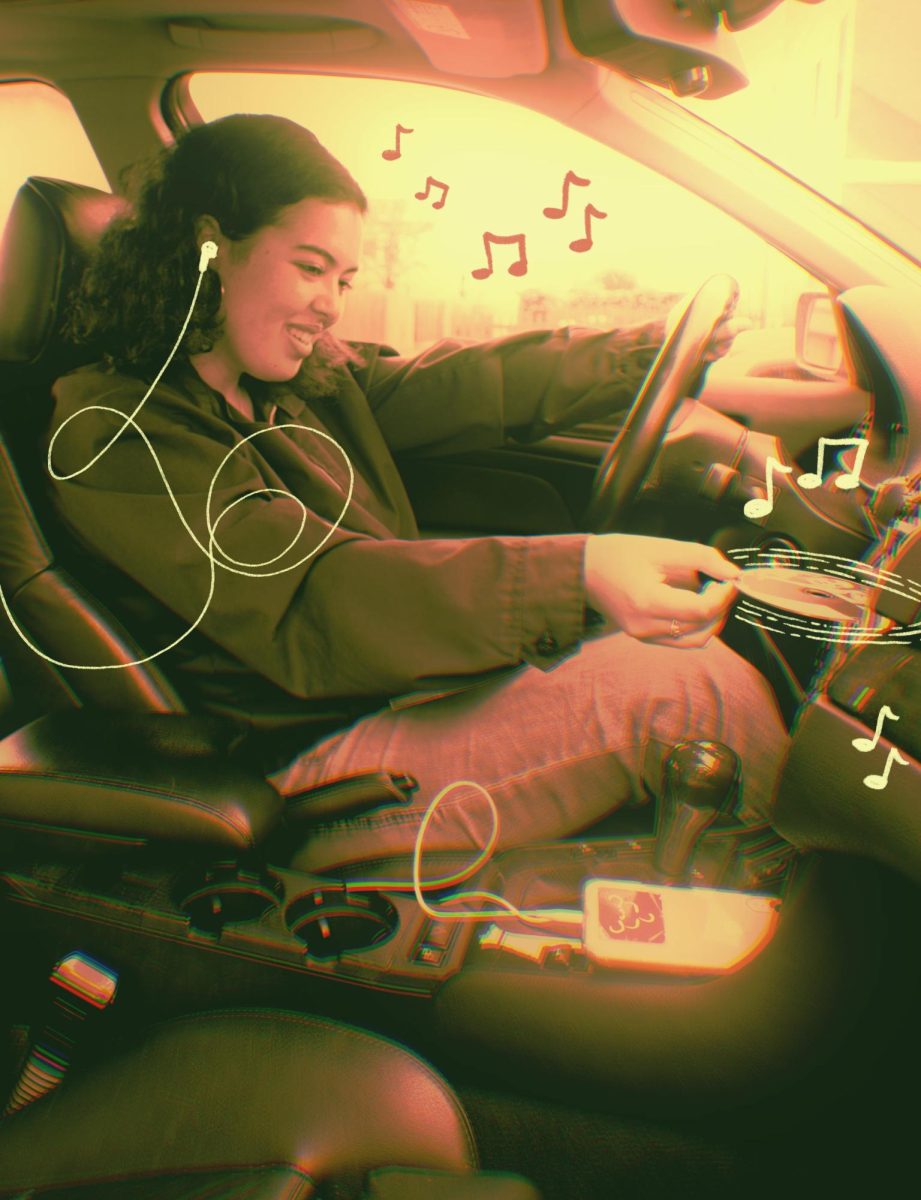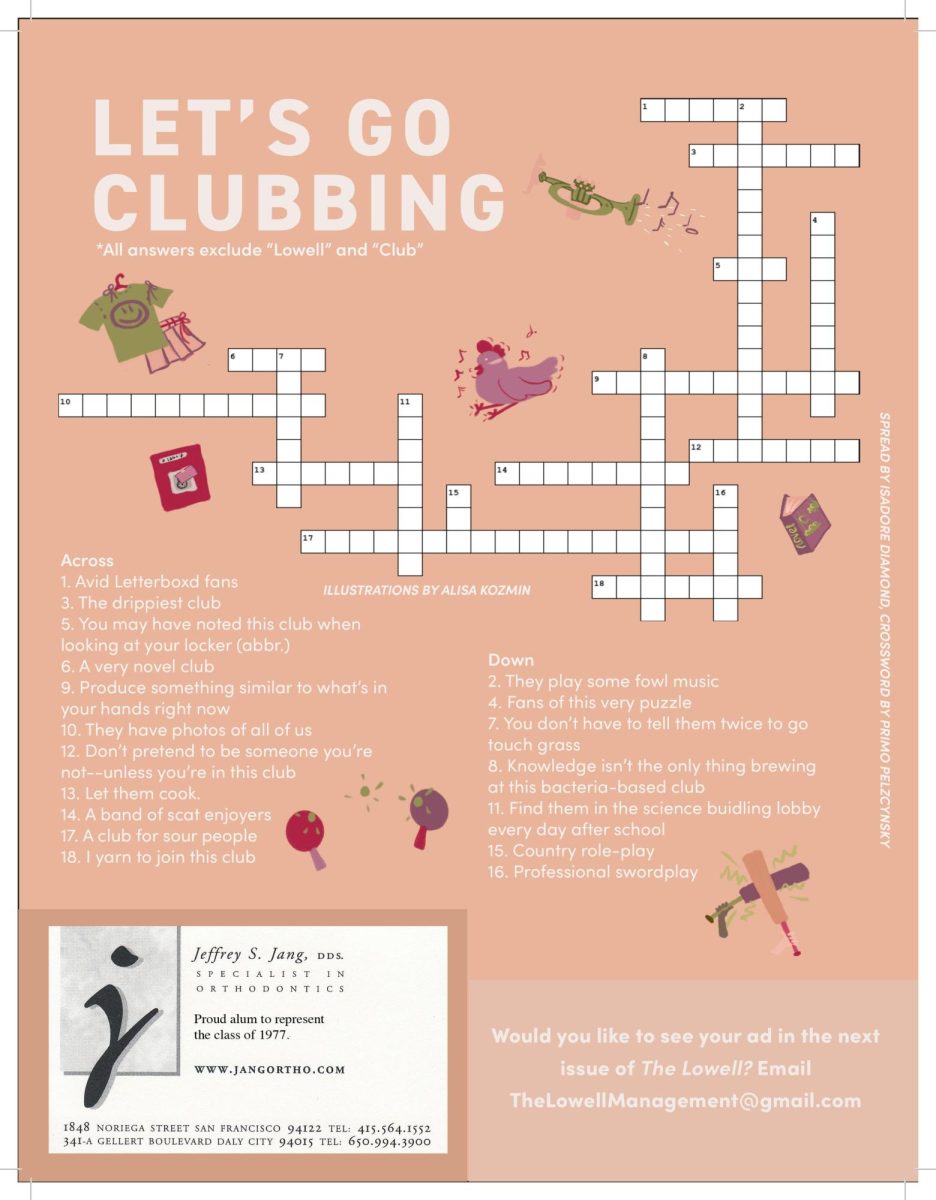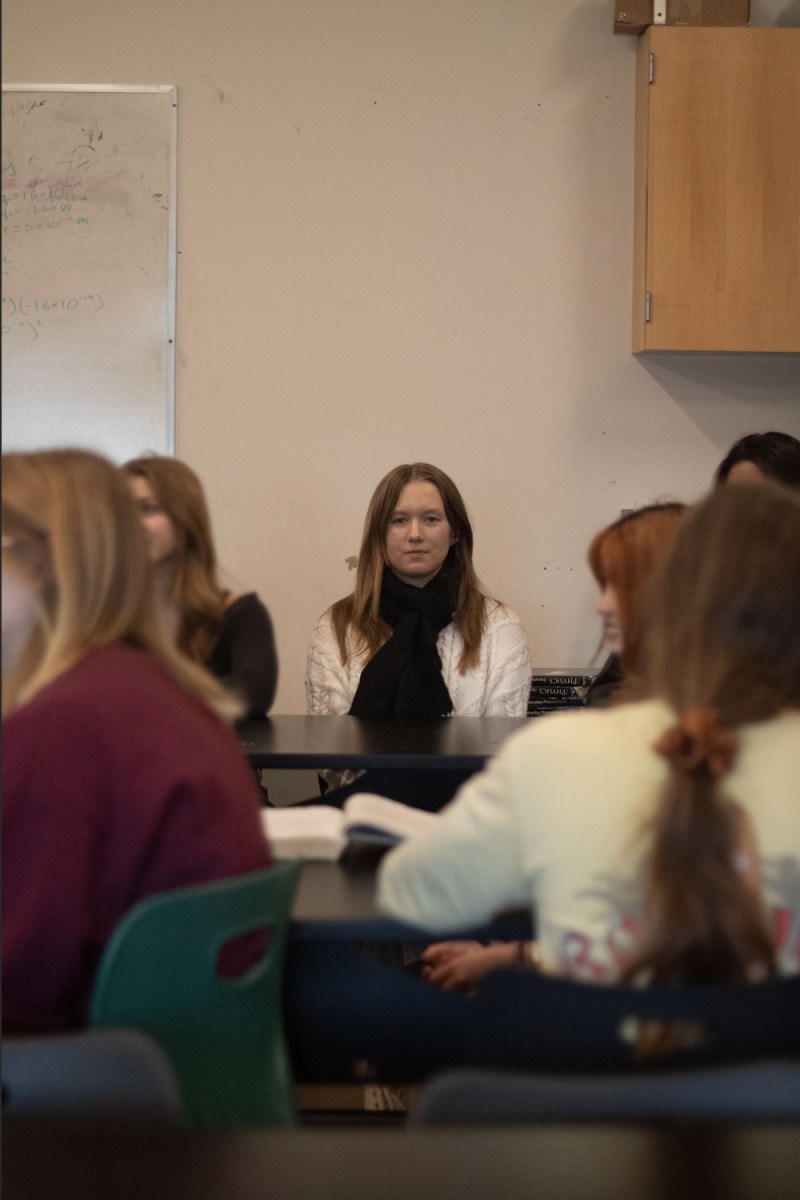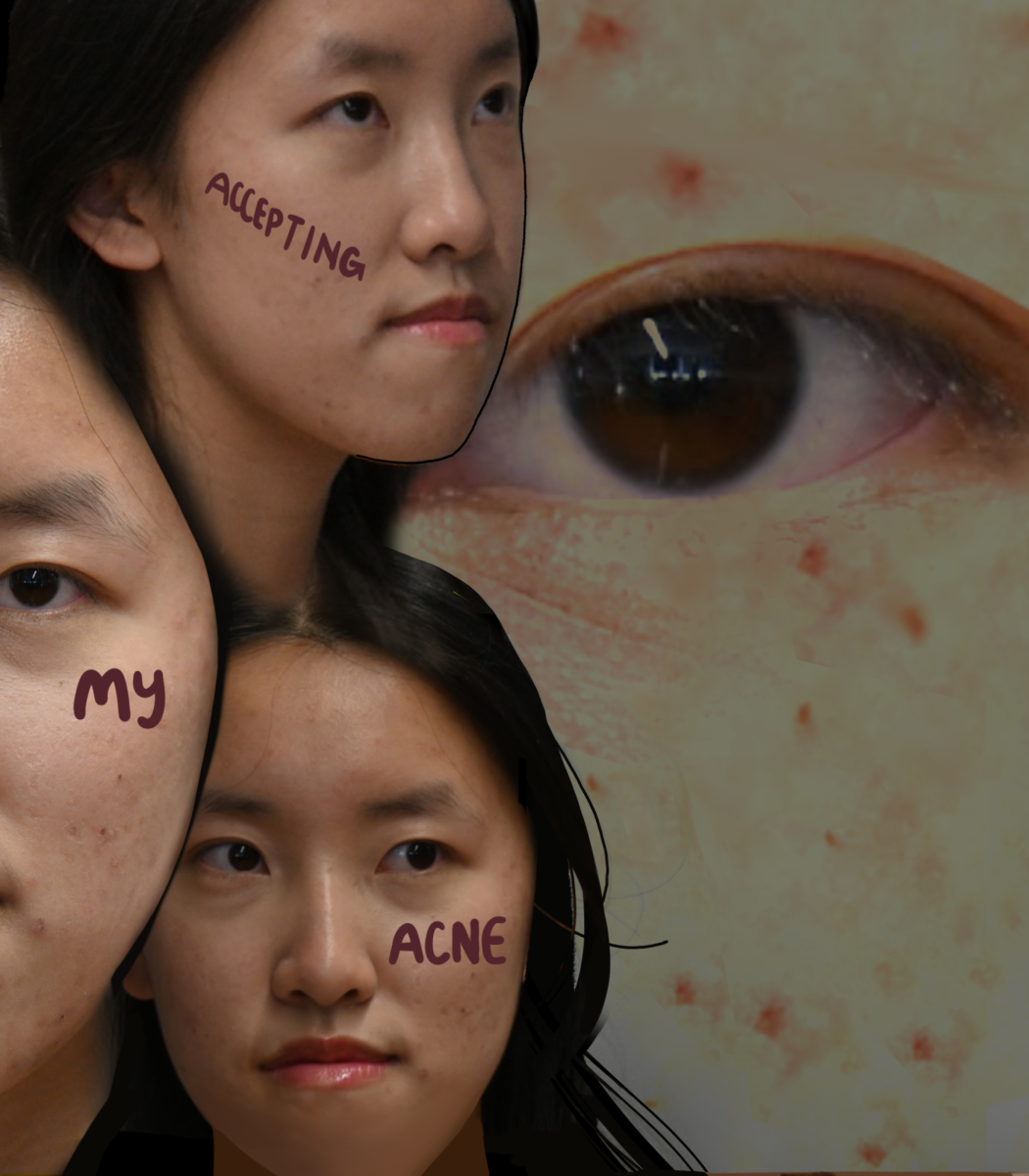Originally published on February 9, 2016
When I was 12, my family toured Great Britain and Ireland, with a particular focus on Harry Potter locales. One of the highlights was watching my grandmother’s wig fly off in a gust of wind as we waited in line to see the Great Hall of Hogwart’s in Christ Church College at Oxford University. From that moment onward, I was quite impressed with Oxford, and I became very interested in the idea of attending that historic school, or some other university in the United Kingdom.
I still harbored those hopes as I started my sophomore year at Lowell. My freshman year had been long and challenging, but with a lot of effort, helpful teachers, and a great deal of support from my family, I managed to do very well. Unfortunately, however, during my first semester of tenth grade, things went downhill after a family member became very ill, and my parents needed to focus all of their support on a rapidly deteriorating situation that led to months in the hospital, and more months recuperating at home.
Without the usual family support, I didn’t do as well in school, and I stopped thinking about going away for college. It was hard to imagine the future when my family member was having such a hard time in the present, and I didn’t want to leave home when things were so difficult. I decided I would attend City College of San Francisco, then transfer to a University of California college.
However, at the beginning of junior year, my family member was finally doing very well, with an excellent prognosis. Around the same time, a friend of mine also expressed interest in attending a European college, and when I found out that most UK colleges do not consider GPA, my old dream showed signs of life. So, in September, my friend and I attended a joint admissions presentation about the universities at Edinburgh and Oxford and soon I found myself embarking on a very fast and intense journey through the United Kingdom’s college admissions process.
The first thing I needed to do was decide on a major, since most UK schools require a commitment to a particular degree from the very beginning of their three-year undergraduate degree programs. After much consideration, I chose Psychology, since I eventually would like to become a Child and Adolescent Psychiatrist. I also needed to research universities to see which schools and which Psychology programs were the most appealing to me.
Next, I had to tackle the UK’s common online application, called Undergraduate Courses at University and College (UCAS). Applicants can only sign up for five programs (about $38 in total), and anyone hoping to attend Oxford or Cambridge must decide between the two, since it is only possible to apply to one program at one of those universities. I decided to apply for the Psychology programs at Edinburgh, Oxford, and University College, London. Recently, I added King’s College, London as my fifth and final choice, after learning more about its new Psychology degree. The tuition at these universities is less than that of many private American colleges, especially for degrees that don’t involve labs or art, and the three-year programs require one less year of tuition.
Fortunately, I had unknowingly fulfilled all of the test prerequisites to apply by taking the SAT and various APs. The universities want to see certain “grades” in the relevant subjects for the degree being studied. In this case, “grades” has a different meaning than the American version, for British students receive “A-level” grades, earned through their scores on end-of-school, nation-wide tests, after they have spent two years focusing in a particular subject. In lieu of these British tests, UK Universities accept AP scores and SAT Subject scores as equivalents to A-level grades, and do not at all consider high school transcripts. Each of the schools I researched has minimum ACT or SAT, AP, and SAT Subject Test score requirements, which vary from one degree to another. Degree programs count only the AP or SAT Subject scores that are relevant to that particular degree — for example, Physics degree programs are not interested in APUSH scores. Oxford requires a minimum of three AP tests with a score of 5, and an ACT of at least 32 (or SAT of 2100), in addition to specific degree requirements.
For most UK universities, the application deadline is January 15th , although there is more flexibility regarding that deadline for international students (since we pay a lot more than UK/EU students, and the schools need our money). However, Oxford and Cambridge applications had to be in by October 15th, so there was a significant time crunch. First I had to find some place to take the Thinking Skills Assessment test required by Oxford for students applying for Experimental Psychology and a few other degree programs. With very little notice, the powers-that-be at Lowell — specifically, Ms. Giles, and I thank her very much — worked quickly so our high school could become an international testing center on November 4th for just one student — me. Next, I looked online to watch videos and read articles online about creating my “personal statement” (I had to skip over the advice to spend several months working on it). In the UK, the focus of the essay is why the applicant wants to study the chosen degree, and why the applicant is well prepared to study it. The statement should demonstrate enthusiasm for the subject, and if applying to more than one school (which pretty much everyone is doing), it should not mention a particular school. Most importantly, British admissions officers do not want to read amusing personal anecdotes or heartwarming tales of triumph over adversity (that’s so American.)
As I scrambled to piece together my essay, I simultaneously needed to persuade one of my teachers to be my “referee” — the British equivalent of a recommender. It is very helpful for the referee to first have a look at the student’s personal statement, but given my time management issues, my referee, Ms. Moffitt did not enjoy that advantage. In fact, in a development that probably did not surprise her at all, the submission of my application came right down to the wire, and I am forever grateful that she accommodated my scattered tendencies yet again. The reference letter, like the personal statement, is quite different in the British system, for referees are asked to “predict grades.” In my case that meant Ms. Moffitt had to predict what scores I would get on my four future AP tests. Since this is an unusual request of an American teacher, I showed her the statistics from last year regarding the percentage of students who scored 5 on these specific tests, and that rate was much higher than on the tests for which I have already received a 5 — or, in other words, based on past AP performance, I made the case to her that I am likely to get a five on future tests, too.
I turned in my application not long before the buzzer sounded, and right after I turned them in, the universities began to confirm receipt of my application. This was the first I had heard from any of them, which contrasted immensely with the deluge of email and snail mail advertisements from US colleges, who just love me so much, especially if I will please, pretty please just apply already, so they can reject me in order to improve their ranking for US News and World Report.
Less than two weeks after submitting the application, I received an offer from one of the programs at Edinburgh. This offer was contingent on scoring at least a 650 on an SAT Math Subject test, but I had already received results that were above that by the time of the offer, so it was really a done deal. A few weeks after that, I received an offer from the second, more rigorous program at Edinburgh, and this offer included a minimum requirement of 650 for a Physics Subject test I haven’t taken, yet, but the requirement seems very doable, since, after I take the test in January, I still have the chance to retake it in May and June, if necessary.
I would recommend that anyone at all interested in attending university in the UK at least explore this option.
After I took the TSA in November, I anxiously waited to learn of my fate in the Oxford admissions process. I could be very happy at Edinburgh — or either of the London colleges to which I applied, if I receive an offer — but I thought it would be fantastic to at least get an interview at Oxford, since it would be so cool to be part of that tradition. I assumed my chances were pretty slim, though — until the morning of December 1st, when I was invited to interview at Saint John’s College, Oxford. Getting an actual offer is still a long shot, but I’m still excited to be part of the extremely intimidating, but historically significant, intellectual tradition of the Oxford interview.
My participation in the UCAS application process has provided me with an interesting perspective on the UK’s higher educational system, and I have already received two great acceptance offers and the chance to take part in the Oxford interview, which I wouldn’t have imagined possible during those dark days of my family member’s illness. No matter where I decide to go for college, this experience has been well worth that last minute frenzy at the deadline (though Ms. Moffitt’s mileage may vary), and I would recommend that anyone at all interested in attending university in the UK at least explore this option.












